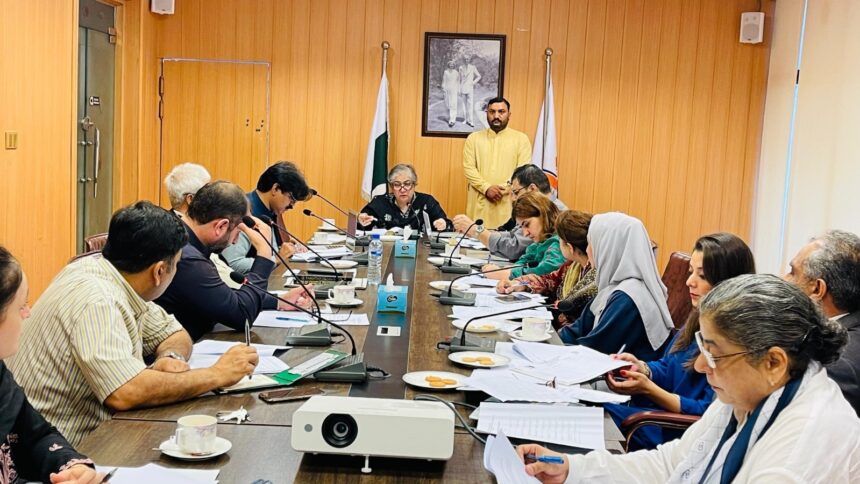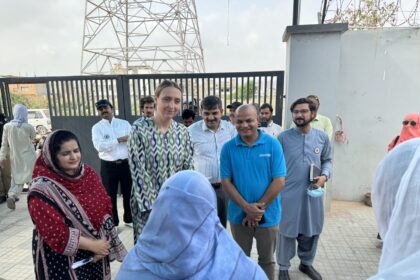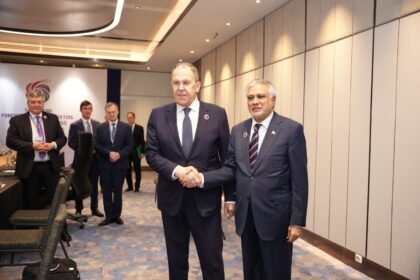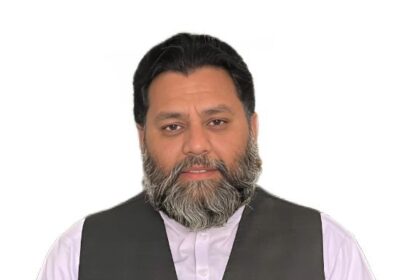The National Commission on the Status of Women (NCSW) has launched the first consultation on the draft Islamabad Capital Territory Medico-Legal Regulation Act, 2025—a significant initiative aimed at standardizing and enhancing medico-legal services across the federal capital. This step is expected to bring greater transparency, accountability, and human rights considerations to forensic practices in Islamabad, particularly in cases related to gender-based violence and human rights violations.
During the consultation, NCSW Chairperson Ms. Ume Laila Azhar welcomed a diverse group of stakeholders, including representatives from the Ministry of Human Rights, Ministry of Law and Justice, National Health Services, Regulation and Coordination (NHSR&C), Pakistan Institute of Medical Sciences (PIMS), Polyclinic, ICT Administration, Law and Justice Commission of Pakistan (LJCP), the Legal Aid Society, and others. She emphasized the Act’s focus on ensuring ethical, timely, and rights-based medico-legal procedures.
Key discussions addressed the need to uphold the rights of both victims and the accused through a holistic, rights-centered approach. Suggestions included reviewing ambiguous legal language and reconsidering time limits for reports—such as proposals to remove the current three-day cap on supplementary reports. Stakeholders from the Ministry of Human Rights, PIMS, and ICT Administration advocated for these changes to ensure legal clarity and fairness.
Additional points of debate centered on updating terminology to improve accuracy and sensitivity. PIMS recommended the use of terms like “friendly injuries” rather than “fabricated injuries,” while there was also a suggestion from the NCSW to refine references from “forensic psychiatrist” to “forensic psychologist.” Opinions varied regarding the setting for medico-legal examinations, with some advocating for private facilities and others suggesting Basic Health Units (BHUs) as viable alternatives.
Stakeholders strongly advocated for the digitalization and enhanced security of medico-legal officers (MLOs), as well as widespread awareness initiatives. Aligning the Act with existing provincial legislation, particularly in Sindh and Punjab, was emphasized to ensure consistency and comparative legal strength.
It was decided that a dedicated drafting committee may be established to further refine the legislative process. The upcoming consultation session is set to include representatives from the judiciary, police, and gender units, who will present relevant case studies to aid in the development of the Act.
This ongoing consultation marks an important milestone toward more just, transparent, and accountable medico-legal services in Islamabad. The NCSW will continue to engage with stakeholders in the next phase of discussions as the regulatory framework takes shape.











